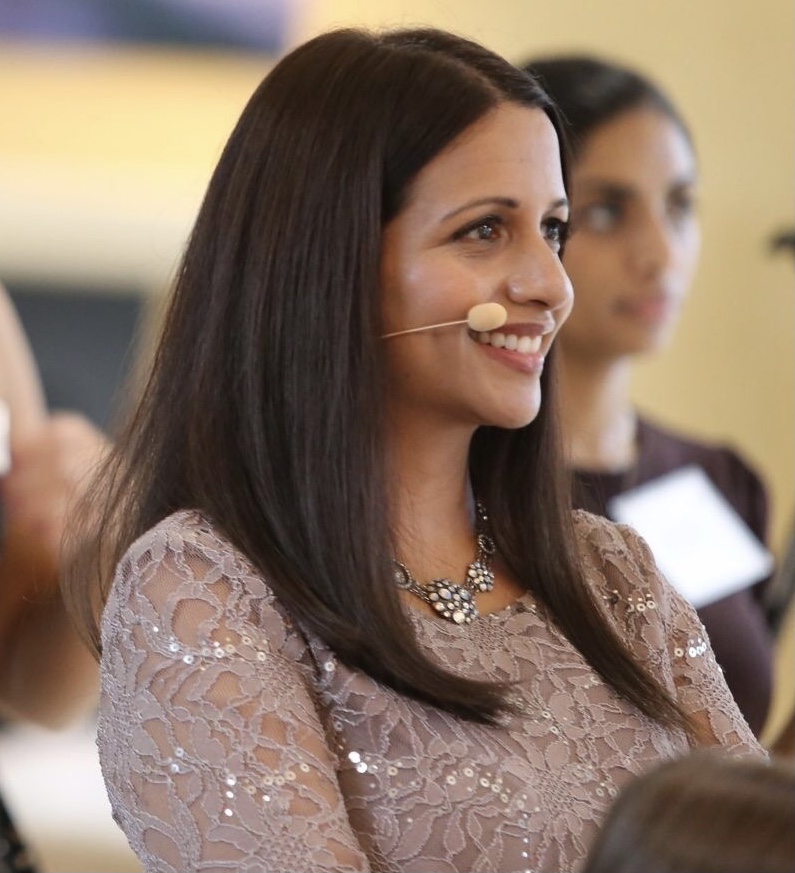By Rachana Bhide
I’ve been spending a lot of time recently speaking about my recent research at Columbia, which is the topic of engaging men as diversity champions. The most important finding I constantly share is that the foundation for building an inclusive workplace environment is that of Reflective Practice. If we make time in the workplace for creating spaces and initiatives that foster Reflective Practice, we will begin to tap into powerful opportunities for change.
Reflective practice is a process of continuous learning; a structured method for coding experiences into the brain through consciously looking at emotions, experiences, actions, and responses. (Donald Schon and David Kolb are two prominent researchers in this space — links provided below).
When it comes to engaging men in diversity, I assessed how Reflective Practice allows for men to access the discussion on diversity, and to build their own commitment in terms that they understand and to which they can personally relate. It is common practice for example, for (male) leaders to be provided slides with facts and percentages about the business benefits of diversity; yet through my research the most compelling male leaders of workplace change were those who accessed diversity by making meaning of their own experiences. These experiences came in one of two forms: Men who identified their commitment to diversity through a relationship (usually their role in supporting women because they have a mother, wife, female colleague); and men who identified diversity through their own individuality (even “white men” who were able to talk about a time they were in the minority among other men, for example based on education, socio-economic, health or other aspects).
In my research I interviewed many men 1:1, from the board level down to front-line leaders across multiple industries, including traditionally-masculine environments like financial services and technology. And time and again, when it came to men championing gender equality, the men who were able to access specific experiences about the importance of diversity, were more likely to be cited by others as strong leaders of diversity. We must therefore move beyond male leaders simply stating they support diversity because (for example) “I have a daughter” and instead encourage them to specifically cite and reflect upon pivotal moments, where they witnessed or experienced inequality. This can lead to more authentic stories and open a dialogue far richer and accessible to all employees.
How can you start? At one organization, a grassroots team of 3 male “champions” are engaging in reflective practice through a set of self-organized workshops; while I facilitate the sessions it allows them to look inward, make meaning of their experiences and better articulate their stories. I share this specific example to illustrate that change does not have to start large-scale — these three individuals are in fact leveraging their personal experiences to now recruit more champions, from a place of strengthened conviction and influence. Companies are starting to offer more spaces for men to join the diversity discussion through interactive dialogue and dedicated male champion task forces; I would challenge these organizations to leverage the formal reflective practice methods in order to allow participants to hone in on why their participation matters not only to the company, but to themselves.
By helping men become articulate and confident in their experiences, we help them become better, visible leaders of change. And further, we open the space for men and women alike, of all races and backgrounds, to leverage upon reflections that lead to empathy and more inclusive workplaces.
Want to learn more about reflective practice? Below some helpful books from the psychologists best known for these methods.
Donald Schon – The Reflective Practitioner
David Kolb – Experiential Learning
David Cooperrrider and Diana D. Whitney – Appreciative Inquiry
